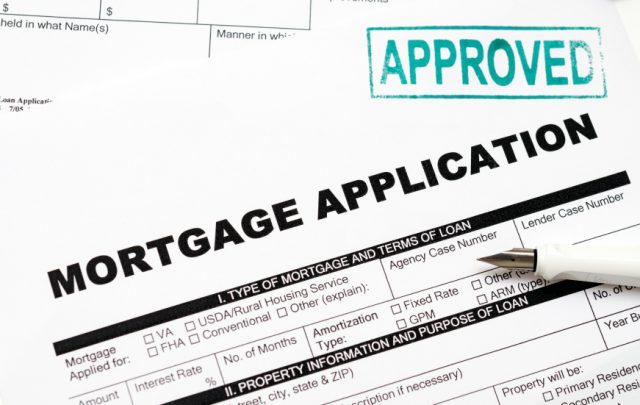More landlords getting assistance from brokers
More landlords are looking for broker assistance when purchasing a buy-to-let property, according to new research.
Data from a report by the National Landlords Association suggests that 69% of landlords arranged their last by-to-let mortgage through either a broker or an intermediary.
Assistance
13% of landlords questioned said that they arranged their latest mortgage directly with a mortgage lender in a branch, with 12% arranging over the phone. Only 5% of landlords sorted out their latest loan with an online lender.[1]
The results of the report indicate that the top reason given by landlords using a broker was that they felt better placed to review products on the market as a result. (51%). 42% said that they had established a long relationship with their broker.[1]
Of the landlords who had arranged a BTL loan through a lender, 35% said they did so as they had an existing loan with them and 27% cited the fact that they had a bank account with the same provider.[1]
Pleased
Carolyn Uphill, NLA Chairman stated, ‘brokers will be pleased to know that a large proportion of landlords chose to use them when arranging at BTL mortgage and it shows that a good relationship goes a long way in business.’ She feels that, ‘these findings are interesting because, unlike most other products and services, completing transactions online is becoming more and more common.’[1]
Uphill continued by saying,’ ‘however, the variety of avenues to take when getting a BTL mortgage can be time-consuming and overwhelming and it’s difficult to know whether or not you have covered all bases, especially for those landlords that are new to the market.’[1]
‘This is why many put their faith in a broker and it reinforces that they are happy with the service they get,’ Uphill concluded.[1]
[1] http://www.propertyreporter.co.uk/landlords/most-landlords-opt-for-broker-assistance.html










